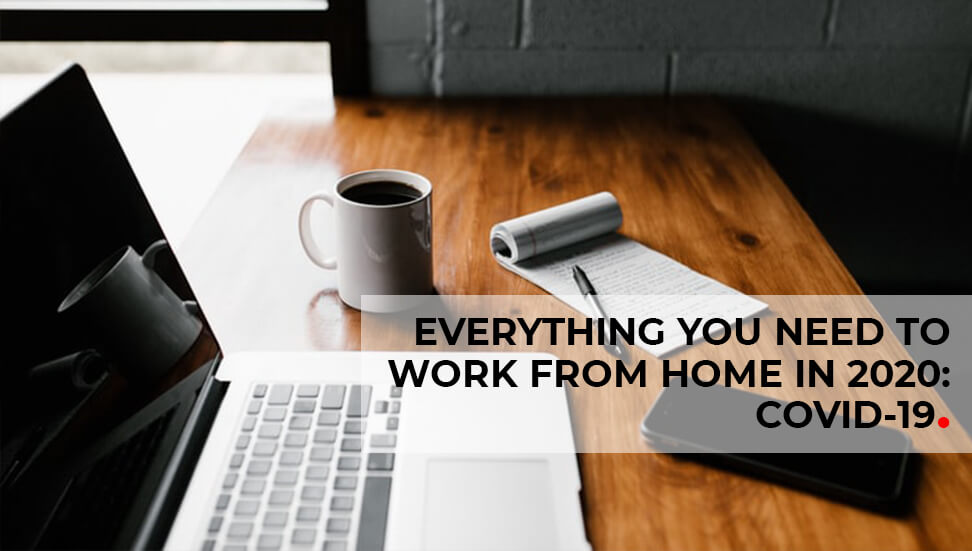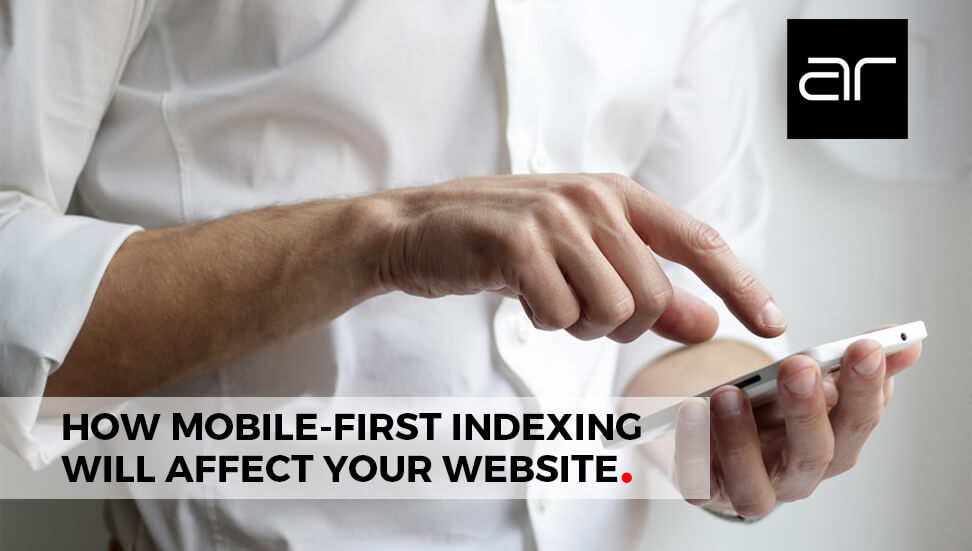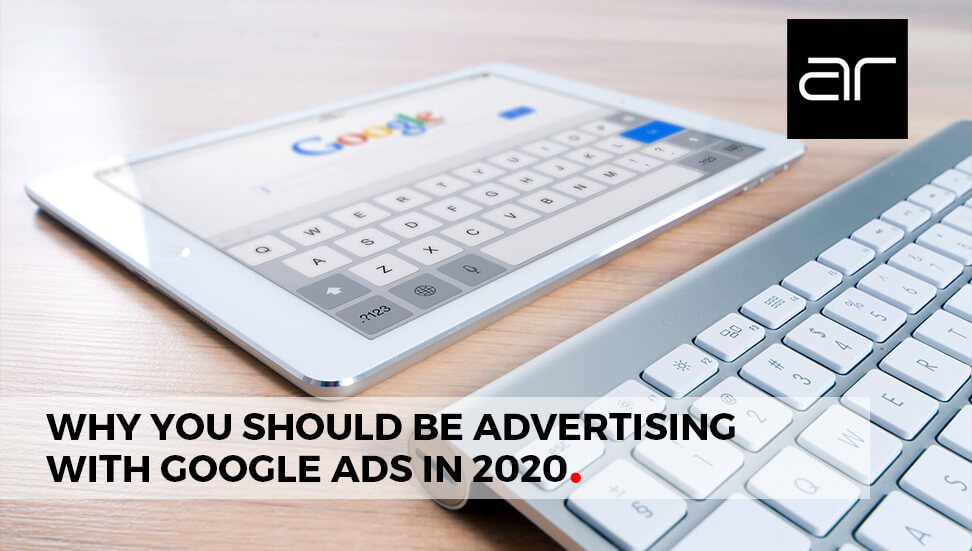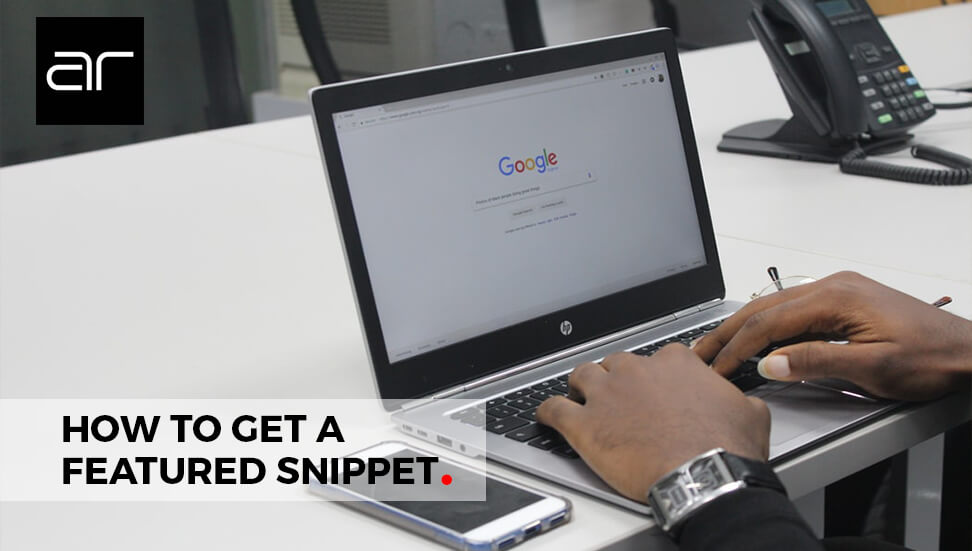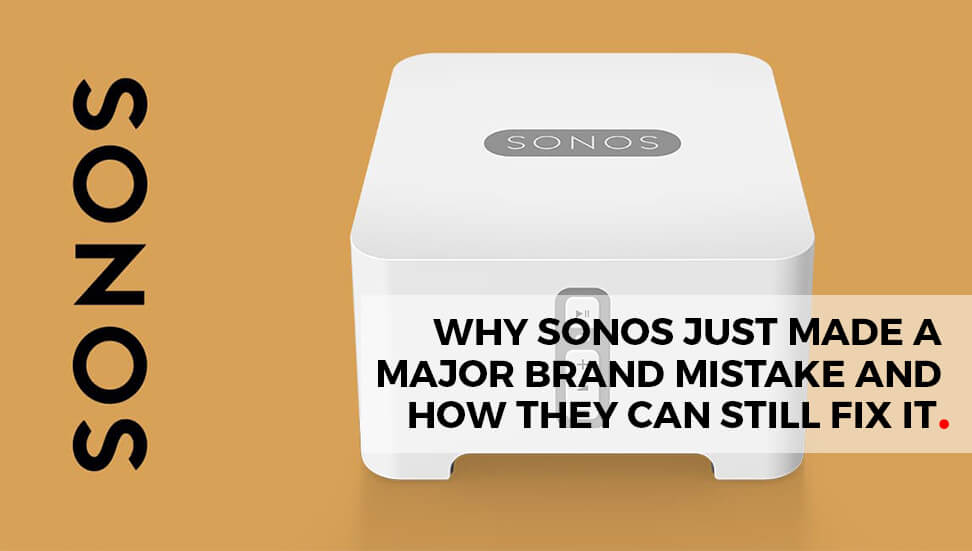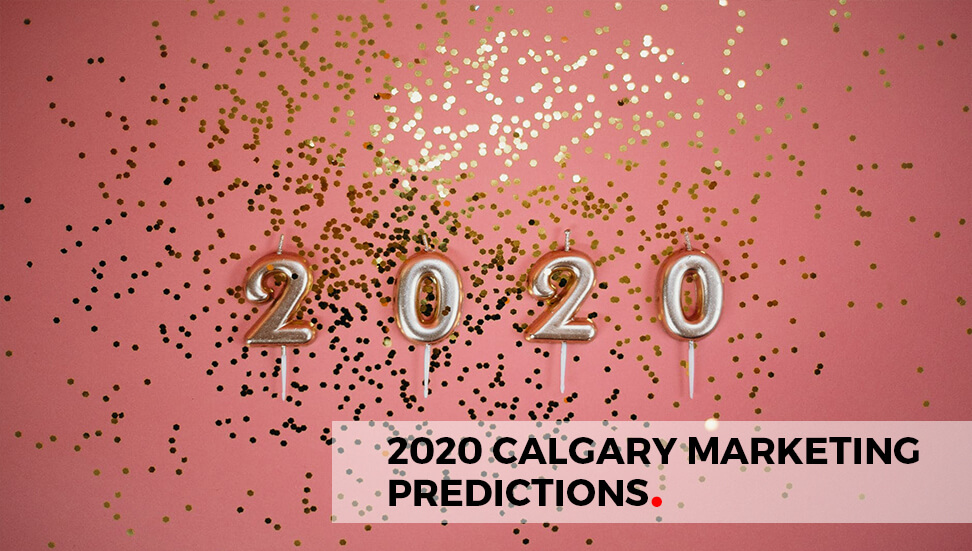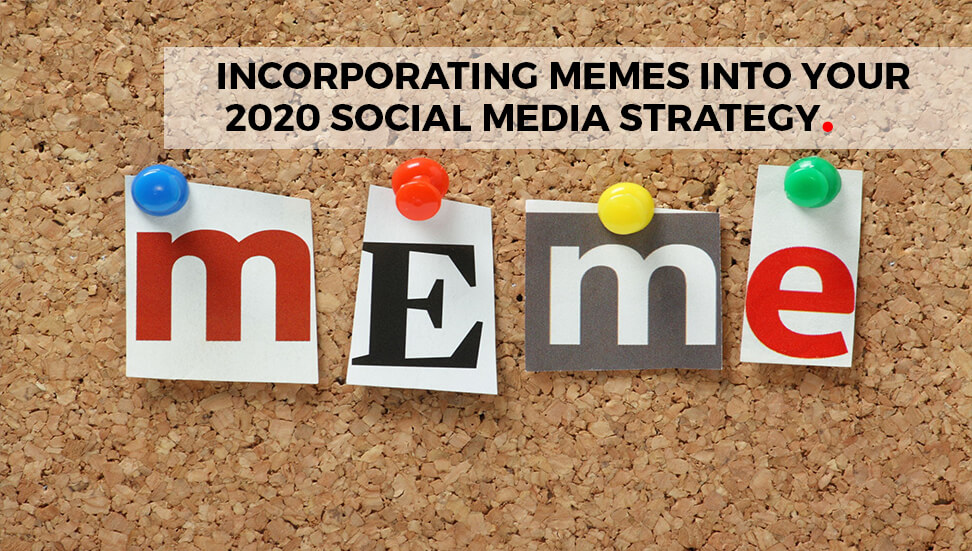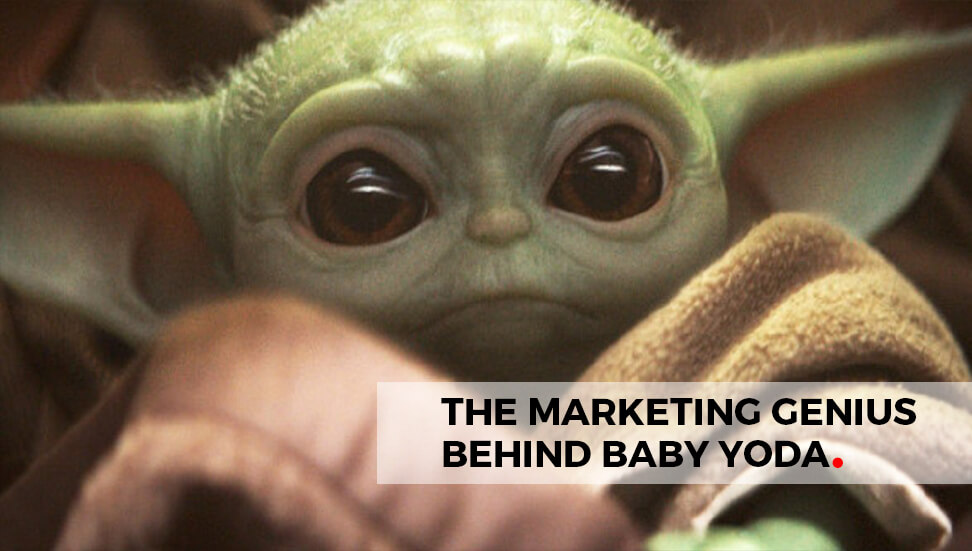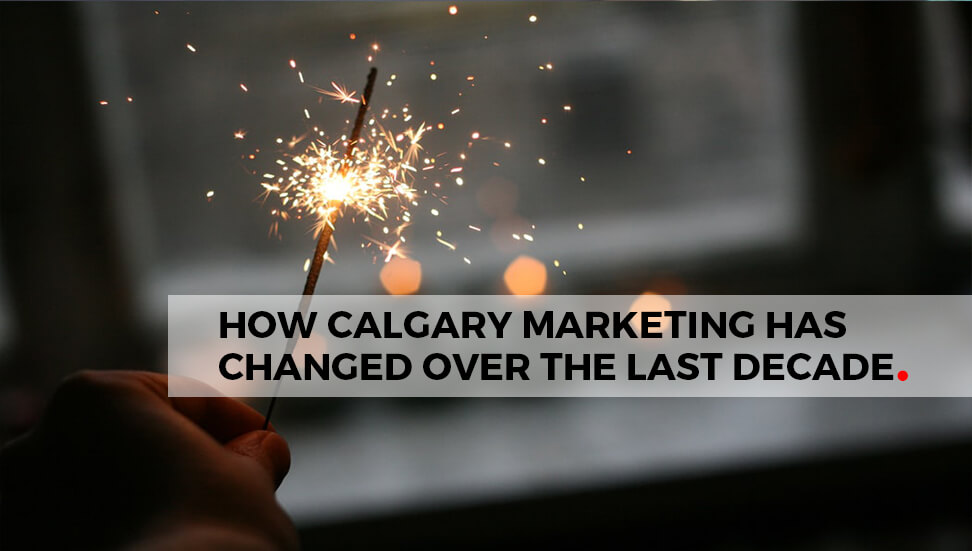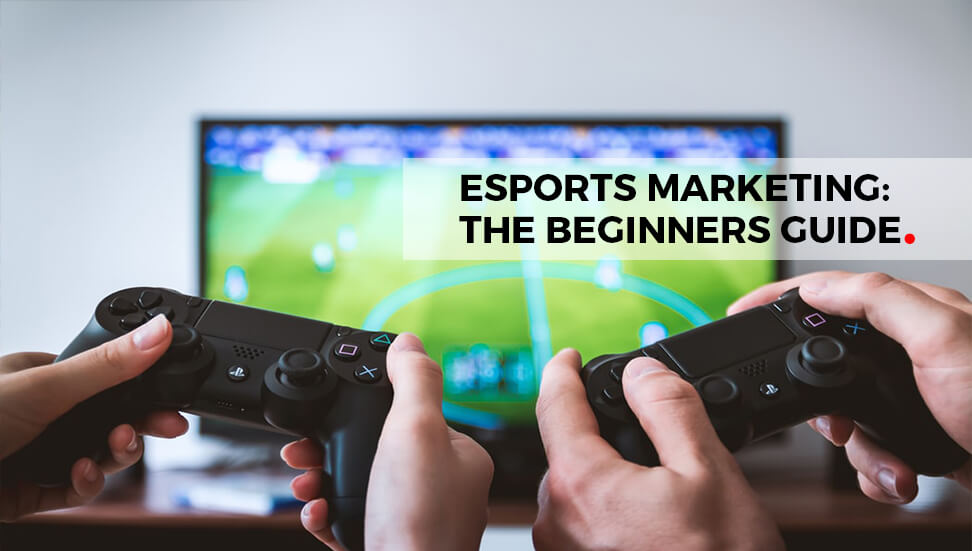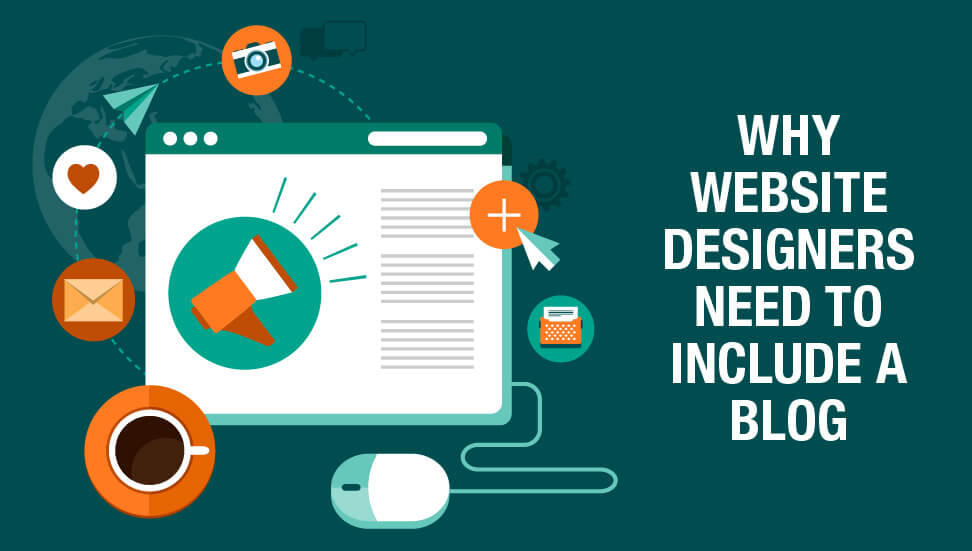Whatever you hear from a friend, neighbor or colleague, website design is really a professional job for website designers. There are many ‘DIY Website’ companies that tantalize you with offers of ‘free hosting’, ‘easy to use’ templates and a ‘look so professional that it’ll look like it was designed by real website designers’, but the truth is, if it were that easy then there would be no room in the market for professional web designers.
For most people at the end of the day, the most important asset any company has is their online real estate. The new era of savvy consumer start with an internet search so if you don’t have a sleek and sophisticated looking website design you’ll get passed over. A web designer is trained to focus on what your customer is looking for, appraised of the latest trends and has the experience to look at your project with a new eye. They also know what flies in your market and how to leverage it.
You may settle down to revamp your old website, or be sketching out the bones for a completely new one, but a website designer can give you ideas that maybe you hadn’t considered, but are valuable to your success – like a blog for example.
Blogs are time consuming and take a lot of thought, skill and effort to be engaging, which put most website owners off incorporating one. If you are in any doubt as to the value of a blog, look at these statistics:
- B2B companies that blog only 1-2x/month generate 70% more leads than those who don’t blog. (HubSpot). It’s a simple rule – the more you blog, the more exposure you have to consumers. What people return to a website for is more information and new deals. If they come, you need to have something to catch their interest, or they’ll stop returning. A blog is a versatile way to increase your leads and your credibility.
- Brands that create 15 blog posts per month average 1,200 new leads per month. (HubSpot). There would appear to be no such thing as too much blogging. The more you inform your consumers, then more loyal they are to a brand, and the more they share the brand.
- Companies that increase blogging from 3-5x/month to 6-8x/month almost double their leads. (HubSpot). Increasing your blog posts does not necessarily mean that you have to write more. Videos, infographics and interactive posts are easy to produce and very well digested by any audience.
- Blogs give websites on average 434% more indexed pages and 97% more indexed links. (Inbound Writer). Google loves blogs. It’s a great opportunity to increase SEO and reach out to people in your industry, building networks and producing quality links that lends you company gravitas.
- Marketers who have prioritized blogging are 13x more likely to enjoy positive ROI. (HubSpot) Engagement is the new currency in business. The more you engage customers, the more they will purchase, and return to purchase.
- 82% of marketers who blog daily acquire customers from their blog. (HubSpot) Your blog will keep working as long as your website is live. If your current marketing does not include a blog and you desire daily incoming leads, then you need to consider creating one,
- 95% of small businesses view blogging as an effective marketing technology tool–second only to email marketing. 15% say blogging is most effective at engaging existing customers; 11% value it more for attracting new customers; and 69% say blogging is equally effective for both objectives. (e-Strategy Trends).
- Companies that blog generate 126% more leads than those that don’t. (HubSpot)
These are figures that you can’t ignore. Your website design attracts prospective clients to your web page, but what you have as content on your website is what convinces leads to become customers. A good web designer knows this and will help your website to become a lean, inbound lead generating, well-oiled machine that works 24/7/365. They are trained to make the best of your online real estate and have ideas that need to be considered, but it’s a team effort if you want to find real success.
A website designer works closely with a creative director to produce a work that is attractive as well as effective. You need to look for both disciplines in any marketing company you employ as the two are needed to balance out a website. A creative menu is great way to engage a user, but what happens if it leads to nowhere, or is too confusing to operate. These are little details that may not impress you very much, but someone has to think about how they affect the user experience of your site.
A great looking website that people want to visit again and again is no ‘happy accident’. There are many decisions and directions to take and all of them are important. If you find all the details too overwhelming, then sit back, use the experience of a professional website designer and enjoy the ride.

